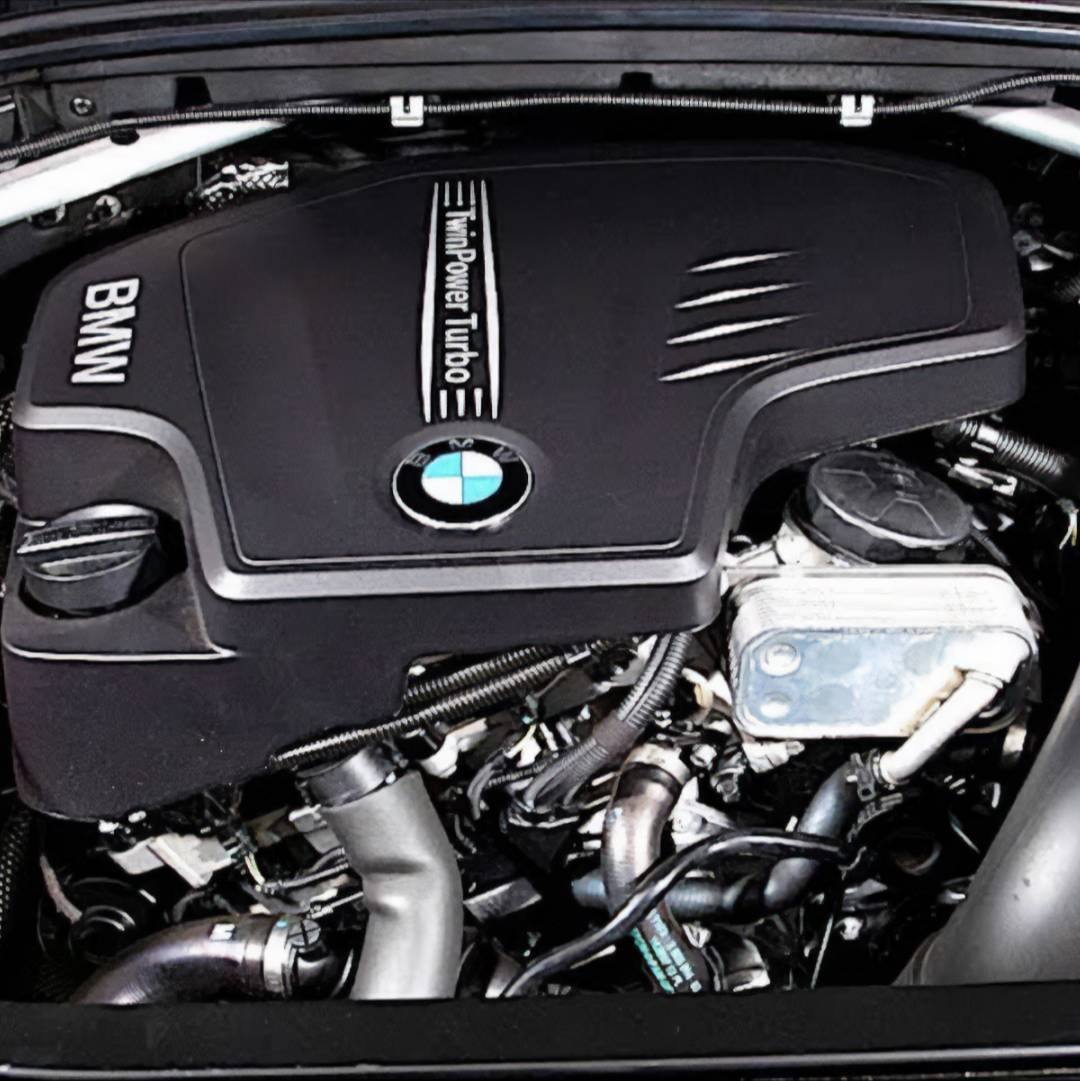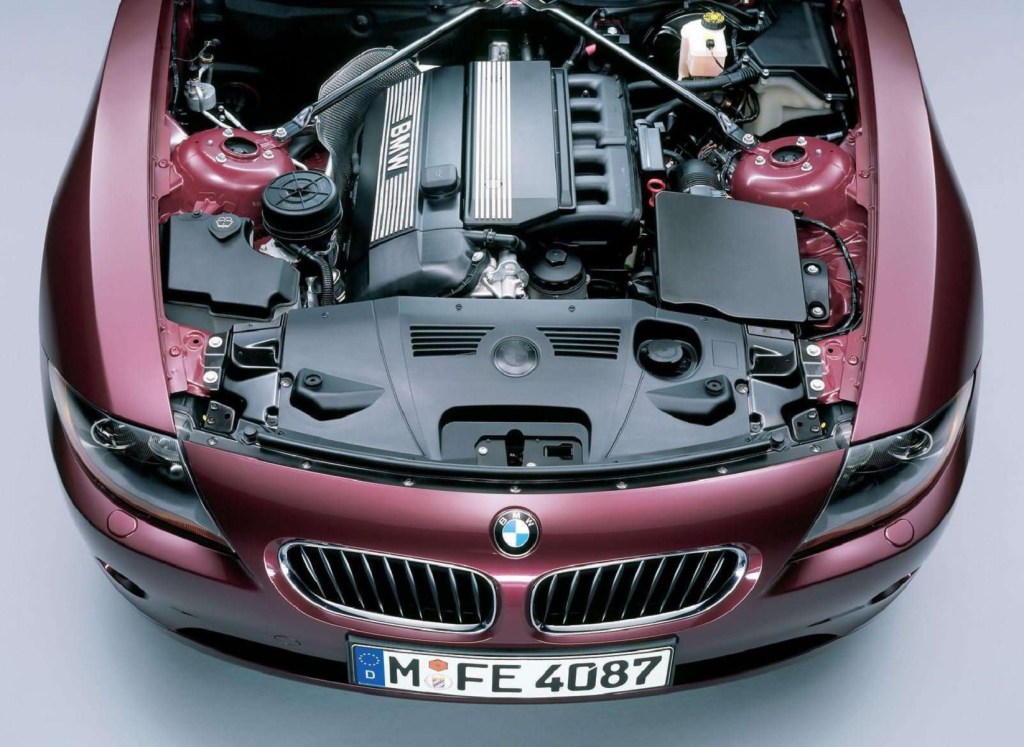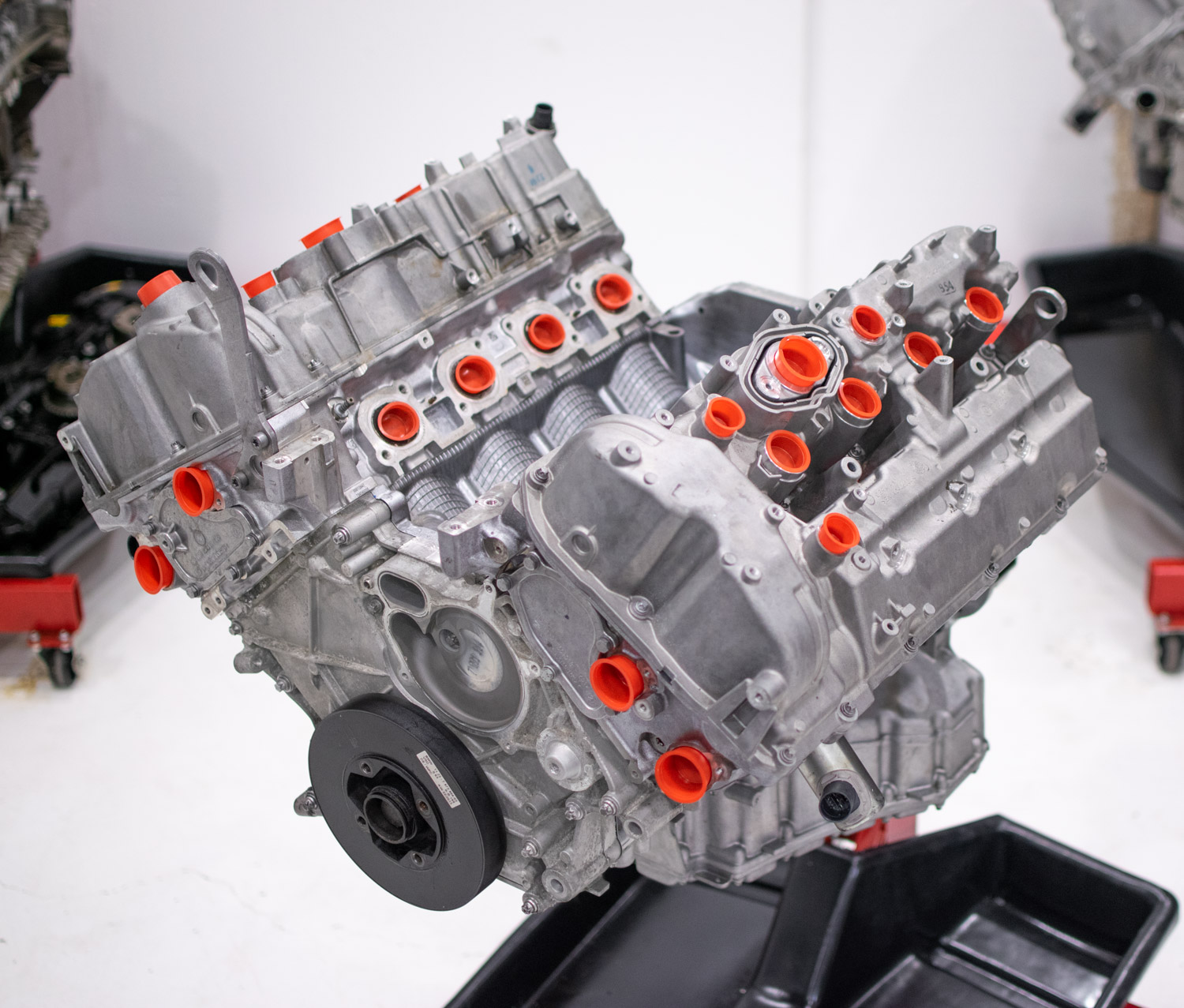A Beginner's Guide to Selecting the Right BMW Engine for Your Needs
A Beginner's Guide to Selecting the Right BMW Engine for Your Needs
Blog Article
Introducing the Intricacies of Next-Generation Power Units: a Deep Study Advanced Engine Styles and Advancements
As we stand on the precipice of a brand-new era in transport, the ins and outs of next-generation engine designs bid us to check out the advanced technologies and advancements that guarantee to redefine the driving experience. Diving deeper right into the worlds of discharge control, intelligent engine monitoring systems, and the horizon of power system advancement, we find ourselves on the cusp of a change that assures to reshape the landscape of movement as we know it.
Advancement of Engine Products

The change in the direction of advanced engine materials has likewise allowed engineers to develop engines with greater power outputs while maintaining gas efficiency criteria. The use of light-weight products minimizes the overall weight of the engine, leading to enhanced fuel economic situation and lower emissions. Additionally, advancements in products innovation have permitted much better thermal management within engines, causing boosted reliability and durability.
Turbocharging and Supercharging Technologies
Exactly How do Turbocharging and Supercharging Technologies revolutionize engine efficiency and effectiveness in modern vehicles? Turbocharging and turbo charging are technologies that dramatically improve engine efficiency by raising the amount of air consumption into the burning chamber. Turbocharging achieves this by utilizing a turbine driven by exhaust gases to pressurize the consumption air, while supercharging utilizes a belt- or chain-driven compressor to attain the very same result.
These technologies enable smaller sized, much more fuel-efficient engines to create power equivalent to larger ones, called downsizing. By forcing more air into the cylinders, supercharging and turbocharging boost combustion performance, resulting in boosted horse power and torque result without a significant rise in engine size. This results in far better acceleration, pulling ability, and total driving efficiency.
Additionally, supercharging and turbocharging add to enhanced fuel effectiveness by allowing the usage of smaller engines that take in less fuel under typical driving problems - bmw engine. This mix of enhanced performance and effectiveness has actually made turbocharging and supercharging important parts of numerous modern-day engine layouts
Emission Control and Environmental Influence
With boosting international concerns relating to air high quality and ecological sustainability, the implementation of exhaust control modern technologies in cars plays an important role in minimizing harmful pollutants launched into the atmosphere. Modern automobiles are geared up with innovative emission control systems that help minimize the environmental effect of auto operations. Catalytic converters, for instance, are developed to transform toxic gases such as carbon monoxide gas, nitrogen oxides, and hydrocarbons into less unsafe compounds like carbon dioxide and water vapor.
Moreover, advancements in engine innovation, such as the integration of exhaust gas recirculation systems and discerning catalytic reduction, have actually dramatically added to lowering emissions. These modern technologies function in tandem to maximize burning efficiency and lessen the launch of hazardous contaminants into the air. Furthermore, the growth of crossbreed and electric lorries represents an important step towards minimizing the total ecological impact of the transport field.
Intelligent Engine Management Systems

Furthermore, these systems enable lorries to fulfill rigorous discharges standards without endangering performance, supplying an extra eco-friendly driving experience. The combination of man-made intelligence and artificial intelligence abilities in engine management systems continues to push the limits of what is possible, bring about more improvements in performance, dependability, and total vehicle performance. bmw engine. As automotive innovation developments, smart engine monitoring systems will certainly play an important role fit the future of transportation towards a more lasting and effective instructions
Future Trends in Power System Growth
As intelligent engine management systems pave the method for enhanced control and optimization in modern-day vehicles, future fads in power unit growth are poised to redefine the landscape of automobile propulsion technologies. These different power sources supply improved effectiveness and performance while lining up with strict environmental laws.
An additional substantial fad is the assimilation of innovative materials and making techniques. Light-weight products such as carbon fiber and light weight aluminum are being made use of to minimize overall lorry weight, enhancing gas effectiveness and performance. Additionally, innovations in 3D printing and additive production are enabling the production of complex engine elements with higher accuracy and resilience.
Additionally, artificial intelligence and device learning are playing a critical function in enhancing power unit efficiency. These innovations permit real-time surveillance and flexible control, causing extra reliable and effective power distribution. On the whole, future patterns in power unit growth are geared towards effectiveness, performance, and sustainability, driving the automobile industry towards a new period of propulsion innovations.

Verdict
In final thought, the advancements in engine materials, turbocharging, exhaust control, and intelligent management systems have actually led the way for next-generation power devices. site link These developments have not only enhanced efficiency and efficiency but likewise decreased environmental influence. As modern technology remains to develop, future trends in power system advancement are likely to concentrate on additional enhancing sustainability and optimizing power result. The complex designs and technologies in modern engines display the continuous evolution of automobile innovation.
Discovering the modern innovations in engine products has been critical in boosting the efficiency and efficiency of modern engines. Over the years, the development of engine materials has actually played a vital duty in pushing the boundaries of what engines can accomplish.The change towards progressed engine products has also enabled designers to make engines with higher power outcomes while preserving fuel efficiency criteria.The site execution of smart engine management systems in contemporary automobiles has actually reinvented the way engines are managed and enhanced for efficiency and efficiency. By gathering data in real-time and evaluating it with sophisticated formulas, intelligent engine monitoring systems can adapt to driving designs, ecological elements, and engine wellness to optimize power outcome while lessening gas consumption and emissions.
Report this page